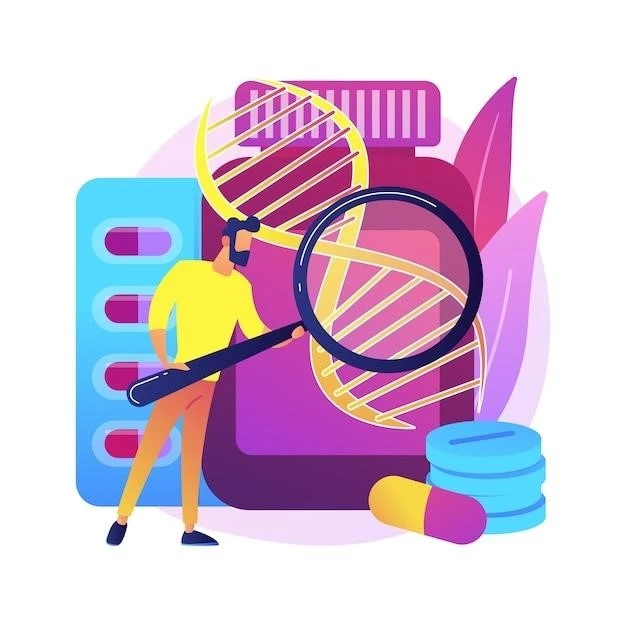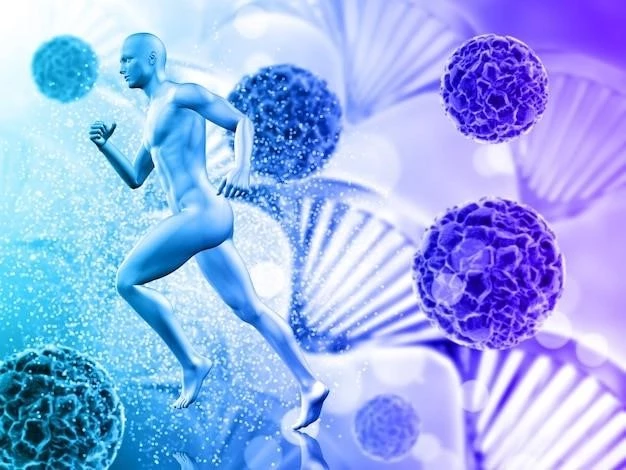Symptoms of 11 Beta Hydroxylase Deficiency
11 Beta Hydroxylase Deficiency may lead to hypertension‚ hypokalemia‚ virilization‚ and menstrual irregularities.
Overview of Common Symptoms
Common symptoms of 11 Beta Hydroxylase Deficiency include high blood pressure‚ low potassium levels‚ ambiguous genitalia in females‚ early development of male characteristics in both males and females‚ and irregular menstrual cycles in women. These symptoms stem from the overproduction of androgens in the adrenal glands‚ leading to hormonal imbalances and associated effects on the body.
Diagnosis of 11 Beta Hydroxylase Deficiency
Diagnosis involves hormone level tests‚ genetic testing‚ adrenal imaging‚ and a review of symptoms and medical history.
Diagnostic Tests
Diagnostic tests for 11 Beta Hydroxylase Deficiency involve measuring hormone levels like androgens and cortisol‚ genetic testing to identify specific gene mutations‚ adrenal imaging such as CT scans or MRIs to assess the adrenal glands’ structure‚ and a comprehensive evaluation of symptoms and medical history to aid in confirming the diagnosis.

Treatment Options for 11 Beta Hydroxylase Deficiency
Treatment may involve medications to regulate hormone levels and manage symptoms‚ lifestyle modifications‚ and close monitoring.
Medical Interventions
Medical interventions for 11 Beta Hydroxylase Deficiency may include hormone replacement therapy to restore hormonal balance‚ medications to manage high blood pressure or low potassium levels‚ and surgical procedures in some cases. Close monitoring by healthcare professionals is crucial to adjust treatment as needed based on individual responses and overall health.
Genetic Inheritance Patterns of 11 Beta Hydroxylase Deficiency
11 Beta Hydroxylase Deficiency follows an autosomal recessive pattern of inheritance‚ meaning both parents must be carriers for a child to be affected.
Inheritance Pattern
The inheritance pattern of 11 Beta Hydroxylase Deficiency is autosomal recessive‚ meaning that individuals must inherit two copies of the mutated gene (one from each parent) to develop the condition. Carriers of one copy typically do not show symptoms but can pass the gene on to their children.
Complications Associated with 11 Beta Hydroxylase Deficiency
Complications may include electrolyte imbalances‚ hypertension‚ cardiovascular issues‚ and hormone-related symptoms.
Potential Complications
Individuals with 11 Beta Hydroxylase Deficiency may face complications such as high blood pressure‚ electrolyte abnormalities‚ cardiovascular issues‚ infertility‚ and metabolic imbalances due to the hormonal irregularities caused by the condition. Prompt diagnosis and management can help reduce the impact of these potential complications on an individual’s health and wellbeing.
Lifestyle Modifications for Managing 11 Beta Hydroxylase Deficiency
Adopting a healthy diet‚ regular exercise‚ stress management‚ and medication adherence are key lifestyle changes for managing the condition.
Recommended Lifestyle Changes
Recommended lifestyle changes for individuals with 11 Beta Hydroxylase Deficiency include maintaining a balanced diet low in sodium and high in potassium-rich foods to address electrolyte imbalances‚ engaging in regular physical activity to support overall health and cardiovascular function‚ managing stress effectively through activities like mindfulness or yoga‚ and adhering to prescribed medications and treatment plans to optimize hormonal balance and symptom management. These lifestyle modifications can complement medical interventions and help individuals better manage their condition on a day-to-day basis.
Research Advances in the Treatment of 11 Beta Hydroxylase Deficiency
Ongoing research explores new medications‚ surgical techniques‚ and gene therapies to improve management and outcomes for individuals with this condition.
Recent Research Findings
Recent research in the treatment of 11 Beta Hydroxylase Deficiency has focused on developing more targeted therapies to address the underlying hormonal imbalances effectively. Studies have explored the use of novel medications to regulate hormone production‚ advances in surgical techniques for adrenal gland disorders‚ and the potential of gene therapy to correct genetic mutations associated with the condition. These findings offer promising avenues for improving the management and quality of life for individuals affected by 11 Beta Hydroxylase Deficiency.
Support Resources for Individuals with 11 Beta Hydroxylase Deficiency
Support groups‚ online forums‚ and genetic counseling can provide valuable assistance and guidance for individuals and families affected by this condition.
Available Support Services
Individuals with 11 Beta Hydroxylase Deficiency can benefit from various support services such as early intervention programs‚ access to specialists in endocrinology and genetics‚ speech therapy‚ occupational therapy‚ physical therapy‚ and educational resources designed to address developmental delays and intellectual disabilities. Support groups and online platforms also offer emotional support‚ practical advice‚ and opportunities to connect with others facing similar challenges. Engaging with these support services can enhance the overall care and well-being of individuals affected by 11 Beta Hydroxylase Deficiency.
